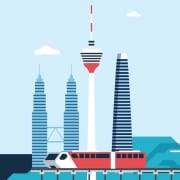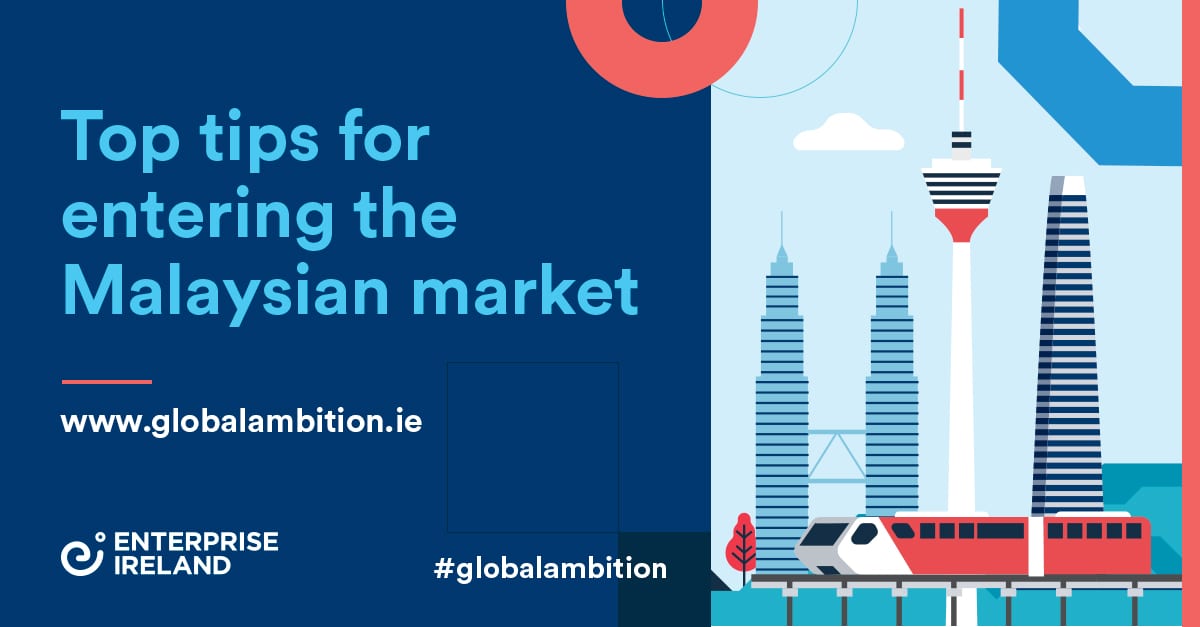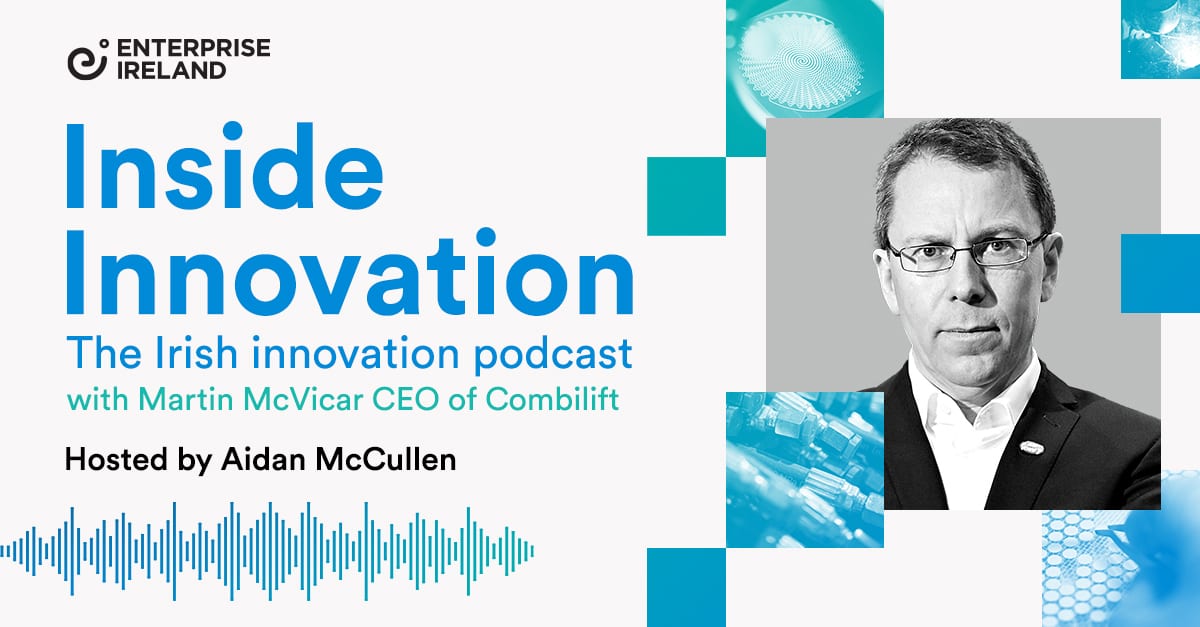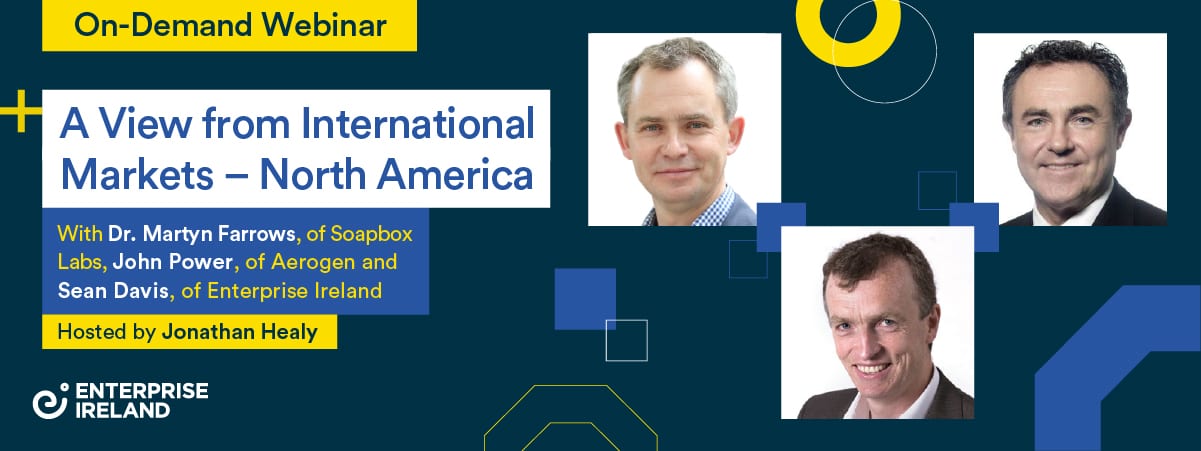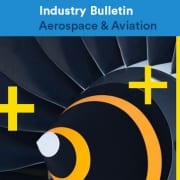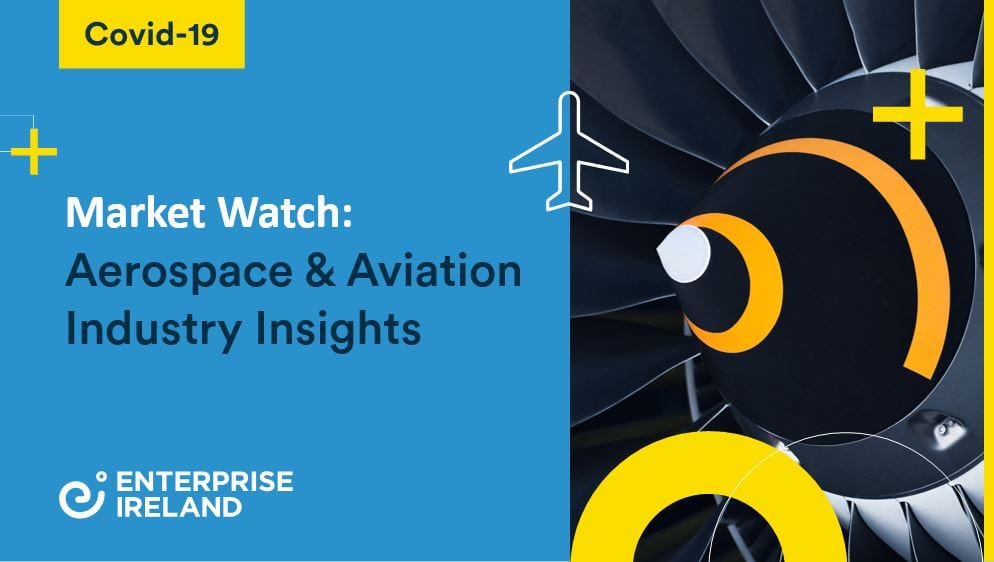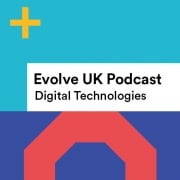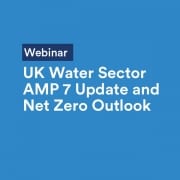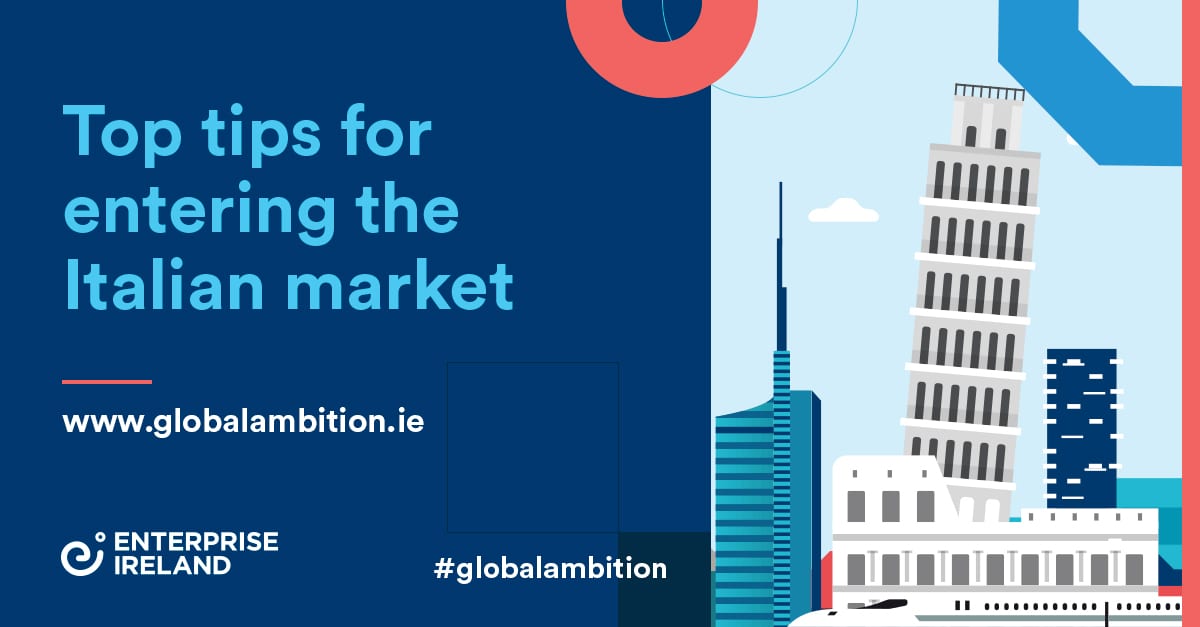Enterprise Ireland’s top tips for entering the Malaysian market
As Brexit plans progress, Irish businesses are exploring export options in sectors across the Eurozone markets, the USA and Canada and the APAC region.
Enterprise Ireland is playing a key role in supporting ambitious companies seeking opportunities in Malaysia’s IoT, telecoms and fintech sectors.
If you are considering doing business in Malaysia, please be sure to explore our tips to enter the market below and also be sure to reach out to our dedicated team.
- When scheduling meetings in Malaysia it is best to do so at least four weeks in advance. Malaysian counterparts will want to know who they will be meeting, and you should provide such details as the titles, positions and responsibilities of all attendees in advance.
- Due to its predominantly Muslim population, Friday is reserved for prayer and it is advised not to schedule meetings on this day.
- Schedules are usually loose and flexible and meetings may start late. However, Malaysians generally expect foreign visitors to be punctual.
- Developing trusting, personal relationships is fundamental to winning long-term business in Malaysia. For this reason, Irish companies must consider setting up a local presence at an early stage or engaging a local partner to manage relationships.
- Malay-owned companies have historically been given preference in Malaysia by the Government for state contracts. Irish companies may need to consider joint venture structures in some sectors for this reason.
- If you are planning to do business in Malaysia, it is essential to consult a lawyer. Government restrictions can hamper foreign involvement in several areas, including Government procurement contracts, financial, business and professional services and telecommunications. In most cases, it is imperative to have a local partner, usually a Bumiputera, (a local person) who has the ability to provide locally-based technical support.
- Kuala Lumpur has the most developed financial sector in the Southeast Asia region, after Singapore. It is known as one of the world’s capitals for Islamic finance. The main opportunity for Irish companies is to deliver efficiencies and add capability to institutions in the form of payments, anti-money laundering, regulatory tech, distributed ledgers and analytics. There is also an opportunity to deliver direct financial services, such as foreign exchange and micro-lending.
- Malaysia continues to evolve as one of the hubs for medical device manufacturing in the region with over 200 manufacturing companies based in the country. Design and construction projects for high-tech manufacturing facilities for medical instruments and devices is one of the key opportunities for Enterprise Ireland client companies in Malaysia.
- Malaysia’s telecommunications sector is competitive with the three largest mobile networks operators – Digi, Celcom Axiata and Maxis –holding over 75% of the market. Operators are looking for vendor solutions to strengthen their digital Value Added Services (VAS) suite of services and mobile apps in order to accelerate their transformation as fully-fledged ‘Digital Service’ companies.
- Over 130 Irish firms are already active in this market thanks to EI assistance, contact the local MA here
For more be sure to check out our Going Global Guide

